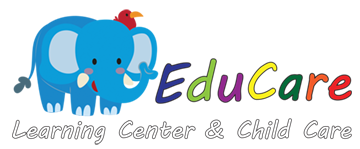It may appear that manners have taken a downward slide in priority over recent years. The fact remains, however, that instilling the principles of good manners in young children is exceedingly important. Understanding and using good manners has so many positives: it shows courtesy and empathy towards others; indicates thoughtfulness, and reflects on the child’s upbringing and education.
Fundamentally, good manners are necessary for people to get along together in this world
Here are some ways you can encourage a child to be gracious and well mannered.
Introduce polite words from a young age
Children as young as two can learn to say “please” and “thank you”. Despite not fully understanding the implications of using these words, children can learn from a very early age that “please” must be attached to asking for things, and “thank you” always comes at the end of a transaction or interaction. As the child develops further they will understand that these words make other people feel good about helping you
Acknowledging children in public places
When out and about, including the child in activities and conversation helps them to feel acknowledged, and reduces any desire to “act out” for attention. Acknowledging and interacting with the child, particularly if there are few other children present, also opens up opportunities to educate them about appropriate social behavior. Make sure that education about noise levels, meeting new people, respect for property, privacy and personal space are a big part of fun activities with your children in public.
Mirror good manners
Make sure you always include a lot of “please” and “thank you” and the other important phrases as you interact with people in daily life. From the ages 2 to 4, children will mirror what the adults around them are saying. Remember also to address your child and other children with the same good mannered phrases so that they catch on to this polite behavior.
